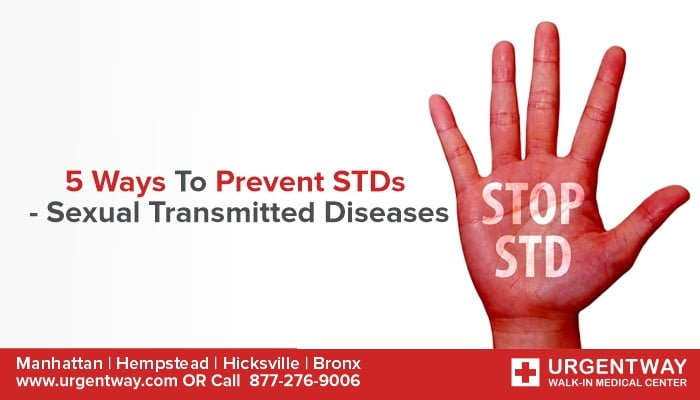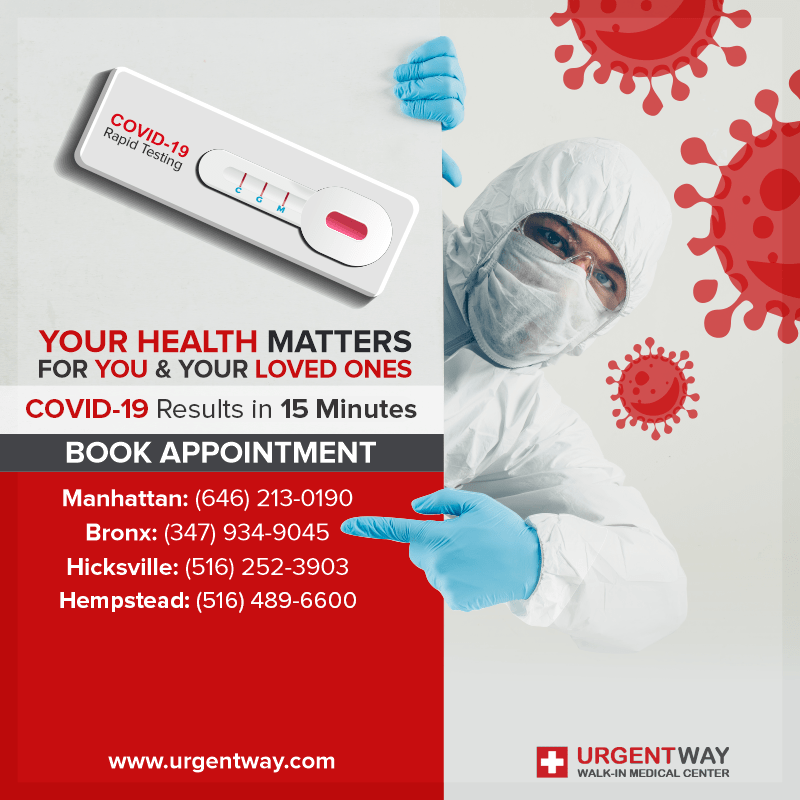The best ways to prevent STDs are to avoid sex with anyone who has genital sore, rashes, or abnormal discharge, use latex condoms every time during intercourse, avoid sharing underclothing, get a vaccination against hepatitis B, and get tested for HIV. In this blog, you’ll be introduced to what are sexually transmitted diseases and the best ways to prevent STDs. After reading this blog, you’ll be able to help out anyone who’s suffering from STDs and can spread awareness to prevent them.
What are sexually transmitted diseases?
Sexually transmitted diseases are infections passed from one person to another through vaginal, anal, or oral sexual contact. They are also known as sexually transmitted infections (STI) or venereal diseases (VD). Bacteria, viruses, and parasites cause sexually transmitted diseases. The major sexually transmitted diseases are Chlamydia, human papillomavirus, syphilis, trichomoniasis, genital herpes, gonorrhea, and Chlamydia.
What are the complications of sexually transmitted diseases?
Sexually transmitted diseases can cause many complications overall, such as:
- Pelvic Inflammatory disease
- Pregnancy complications
- Arthritis
- Heart disease
- Eye inflammation
- Brain damage
- Blindness
- Deafness
- Chronic liver disease
What are the causes of sexually transmitted diseases?
There are the following three significant causes of sexually transmitted diseases:
i. Bacteria
These bacteria are primarily responsible for sexually transmitted diseases such as Chlamydia, gonorrhea, and syphilis.
ii. Viruses
The viruses that trigger sexually transmitted diseases are HIV/AIDS, herpes simplex virus, human papillomavirus, hepatitis B virus, cytomegalovirus (CMV), and Zika.
iii. Parasites
Parasites such as trichomonas vaginalis, and insects such as crab lice, or scabies mites are also responsible for sexually transmitted diseases.
What are the symptoms of sexually transmitted diseases?
There are the following common symptoms of STDs in males and females:
- Burning and itching in the vagina
- Discharge from vagina
- Unusual bleeding from the vagina
- Burning and itching in the penis
- Burning and pain during bowel movement
- Excessive urination
- Bumps, blisters, and sores on the penis, anus, or mouth
- Pain during sex
- Bumps, blisters, and sores on the vagina, anus, or mouth
- Burning and pain with urine discharge
- Discharge from the penis
- Pain around pelvis
- Excessive urination
- Pain around the pelvis
What are the 5 best ways to prevent STDs?
There are the following 5 best and most effective ways to prevent STDs as given below:
i. Abstinence
The most effective way to prevent STDs is not having sex, such as anal, vaginal, or oral.
ii. Vaccination
Vaccines are safe, effective, and recommended ways to prevent hepatitis B and HPV, resulting in fewer risks of STDs. You can also get vaccinated for hepatitis B at any time if you were not vaccinated when you were younger.
iii. Reduce the Number of Sex Partners
STD risk may be reduced by reducing the number of sex partners you have. It’s still essential that you and your partner both be tested and that you disclose your test results.
iv. Mutual Monogamy
Mutual monogamy implies that you agree to only have sexual relations with one individual committed to only having sexual relations with you. One of the most efficient ways of preventing STDs is to be in a long-term mutually monogamous relationship with an uninfected partner. However, you must both ensure that you are free of STDs. You and your mate must have an open and honest discussion about STDs.
v. Use Condoms
When having anal, vaginal, or oral intercourse, always use a condom. The male latex condom, when used correctly and consistently, is very successful in preventing STD transmission. Synthetic non-latex condoms may be used if you are allergic to latex. It’s important to note that these condoms have a greater risk of breakage than latex condoms. Condoms made of natural membranes are not advised for STD protection.
STDs can be transmitted from person to person through any sexual pathway as oral, anal, or vaginal. These sexually transmitted diseases are mainly caused due to bacteria, viruses, or parasites. The most common STDs symptoms are burning & itching on the vagina and penis, pain during sex, excessive urination, discharge from the vagina or penis, blisters or sores on the penis, and unusual bleeding from the vagina. The effective ways to prevent STDs are abstinence, vaccination, reduced number of sex partners, mutual monogamy, and consistent use of a condom. These ways to prevent STDs are very reliable and effective, so everyone should follow them strictly to prevent STDs.
If you have/ had sexual contact with another person and notice any signs of an STD, talk to your doctor about getting tested. UrgentWay offers quick, accurate, comfortable, and affordable STD screening. Our highly trained staff ensures your comfort before starting STD screening.


